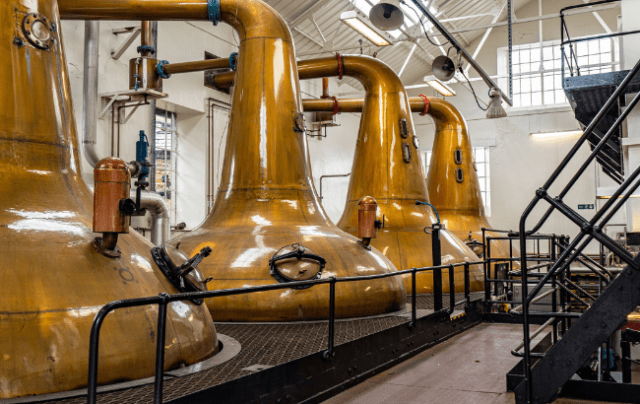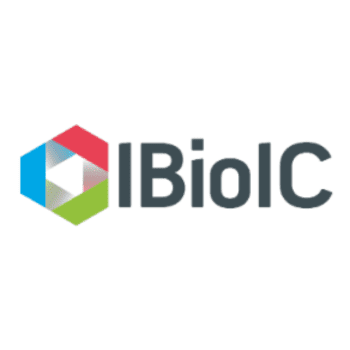Start-up turns whisky waste to valuable chemicals
By Miona MadsenScottish chemical manufacturing company Ripcell has teamed up with the University of Aberdeen to repurpose waste from whisky distilleries.

Aberdeen start-up Ripcell has developed a new method of extracting valuable chemicals, including lactic acid, from whisky distillery waste.
The method could transform manufacturing and be worth up to £90 million (US$115m) in global chemical manufacturing markets.
The project between scientists from Ripcell and researchers from the University of Aberdeen was supported by funds from the Industrial Biotechnology Innovation Centre (IBioIC).
Whisky group Chivas Brothers provided waste stream samples from 12 of its distilleries across Scotland for the project.
“The idea of utilising wastewater from a traditional industry like whisky production for the recovery of bio-based chemicals is highly innovative. It’s great to see Scottish heritage being linked to sustainable chemical production,” said Dr Alan Mccue, senior lecturer at the University of Aberdeen. “The outcomes of this IBioIC-funded project are really exciting, and I look forward to supporting Ripcell in the next stages of its development.”
The start-up aims to demonstrate the feasibility of recovering high-value compounds from pot ale and spent lees, which are co-products of the first and second stages of the whisky distillation process.

The extracted chemicals have potential applications in pharmaceuticals, food and drink, and cosmetics, where manufacturing typically depends on unsustainable, petrochemical-derived ingredients.
Starting from residue from pot ale, generally used in low-value applications such as animal feeds, the team isolated and extracted high-value acids. The method has now been adapted to retrieve additional solvents from spent lees, which are currently discarded by the industry. Approximately 10 litres of spent lees are produced for every litre of whisky made.
The process is challenging due to differences in distillery processes, water sources, raw materials, and co-products from different distilleries containing various chemical compounds.
A life-cycle analysis of the process was also completed to quantify its environmental impact.
The results showed that the bio-based chemicals produced through this method have a significantly lower carbon footprint compared to those produced through traditional petrochemical routes. Estimates suggest that on a global scale, the new manufacturing method for target chemicals could reduce industry emissions by 392 million kg of CO2 equivalent per year.
Dr Eve Wildman, founder of Ripcell, said: “Around 2.6 billion litres of waste water is produced from the Scottish whisky industry every year, so the potential of this process is huge. For decades, the majority of these co-products have been used as animal feed, but we have found a new, more valuable option to deal with spent lees that could change the ways in which distilleries manage and process their residues.
“At the same time, this could be transformational for the chemicals industry. By taking a sustainable approach to manufacturing key compounds, rather than using fossil fuels, Ripcell can help to reduce greenhouse gas emissions from the production process. For every kilo of bio-chemicals produced, we can remove 1.59kg of harmful greenhouse gas emissions.”
Following the success of the feasibility study, the next phase for the team will involve scaling up the separation process to prove its viability at an industrial scale.
Dr Liz Fletcher, director of business engagement at IBioIC, said: “This project is a brilliant example of how we can add economic value by taking a circular approach to co-products and applying biotechnology. For both whisky producers and the chemicals industry, this process marks a significant step forward in reducing the environmental impact of manufacturing. We look forward to supporting Ripcell throughout its next steps to bring the process closer to commercial application.”
The drinks industry has shown growing interest towards repurposing waste from food and beverage production. Brands like Penrhos Spirits in Herefordshire, UK, William Grant & Sons-owned Discarded Spirits, and actor Emma Watson’s Renais Gin utilise discarded fruit products.
Related news
What does sustainability in spirits mean today?
